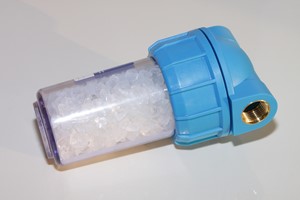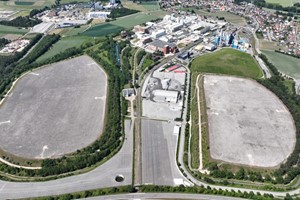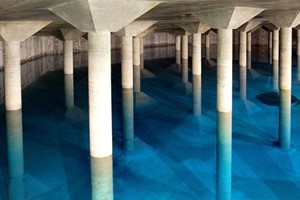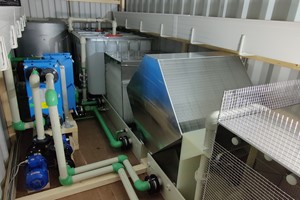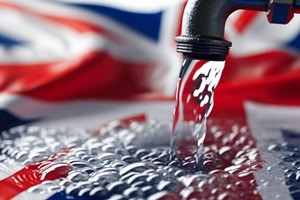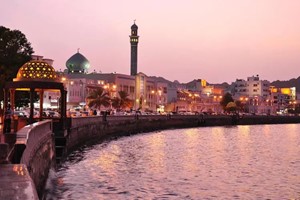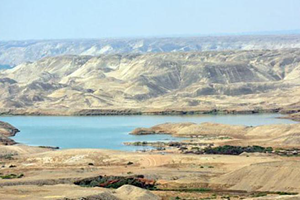In fact, Germany is the fastest growing European market for water treatment chemicals and is estimated to grow at a compounded rate of 5% between 2015 and 2020, according to Modor Intelligence. Corrosion and scale inhibitors form the largest product segment whereas, municipal water treatment becomes the largest application area. In terms of growth, coagulants and flocculants would be the products growing at the fastest pace in the product segment while, among industrial applications: manufacturing, mining and mineral processing, and electric power generation record the fastest growth. Moreover, water treatment is defined as the process employed for eliminating contaminants present in water, which is achieved through a number of techniques. These techniques include: filtration systems that consist on using a water filter to remove impurities from water by means of a physical barrier, chemical, and/or biological process; water softeners that reduce the hardness of the water, and use sodium or potassium ions to replace calcium and magnesium ions, the ions that create "hardness.". In addition to distillation, the process in which impure water is boiled and the steam is collected and condensed in a separate container, leaving many of the solid contaminants behind; and finally disinfection, a physical or chemical process in which pathogenic microorganisms are deactivated or killed. Water treatment chemicals consists of treating contaminated or waste-water with chemicals to make it safe for human consumption and useful in other applications as well where clean water is a necessity. The higher incidence of water-borne epidemics has urged the need to pump up the safety measures and undergo stringent procedures to avail purified water, this has led to the usage of water treatment chemicals for the purification of drinking water. Water is used in various industries, especially in emerging economies where several industries are set up. The required standard for water quality has made it necessary for better purification methods. However, water purification equipment alone is not enough to achieve this standard, hence, the usage of water treatment chemicals becomes indispensable to meet the desired standards of purified water. The Germany Water treatment chemicals market is segmented by product (Biocides & disinfectants, coagulants & flocculants, corrosion & scale Inhibitors, defoamers and defoaming agents, pH adjusters and softeners and other chemicals) and by their application (commercial & institutional, Electric power generation, energy, manufacturing, mining & mineral processing, municipal and other applications). The key players in this market are Accepta, BASF SE, Chemtreat Inc., Organo Corp., PQ Corp. and Wex Technologies. The augmented standards of water quality in industrial applications and the stringent environmental laws on water treatment and waste-water management pose to be the drivers of this market. There is a strong requirement for the availability of alternate water treatment technologies in the market. Additionally, there is also a need to find Eco-friendly solutions for water treatment that can balance and treat the chemical as well as the naturally occurring water pollution differently. In recent times, stringent environmental norms were set up to remove and treat water pollutants before they release into the environment. The municipal corporations have been adopting water treatment facilities to clean and recycle water before supplying for drinking and sanitation purposes.
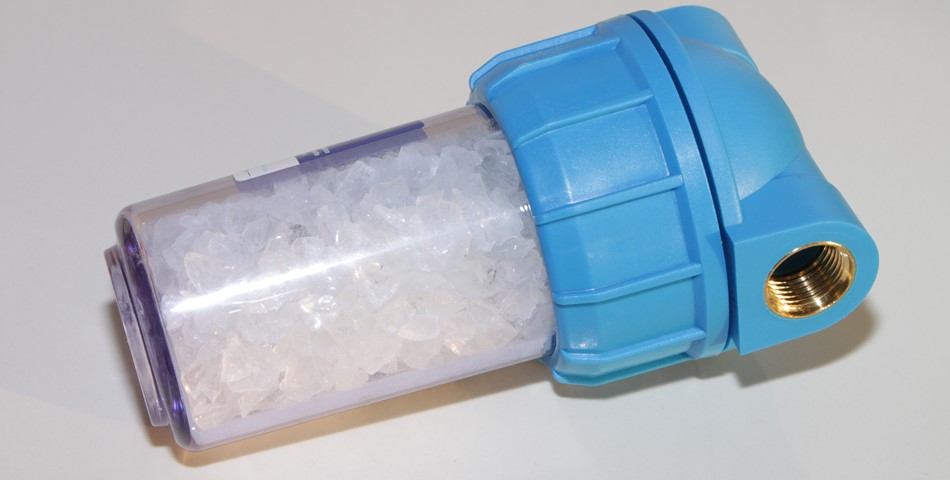
According to HELMHOLTZ, global change is challenging the water research community with problems ever more urgent and complex: population growth and increasing urbanization, which lead to new problems of water supply and wastewater treatment and put pressures on our natural ecosystems, as well as climate change leading to additional uncertainties in water availability and increasing floods. Accelerated rates of change in land use for food production and (bio)energy lead to an increasing demand for water, which in turn increases the contamination of water and soils through pesticides and fertilizers. The coinciding of these processes and the combined problems of water quality and quantity, as well as the legal and societal issues demand a stronger interdisciplinary cooperation between the wide range of participants within the water research community, to find adequate solutions and adaption strategies.
Related Articles




